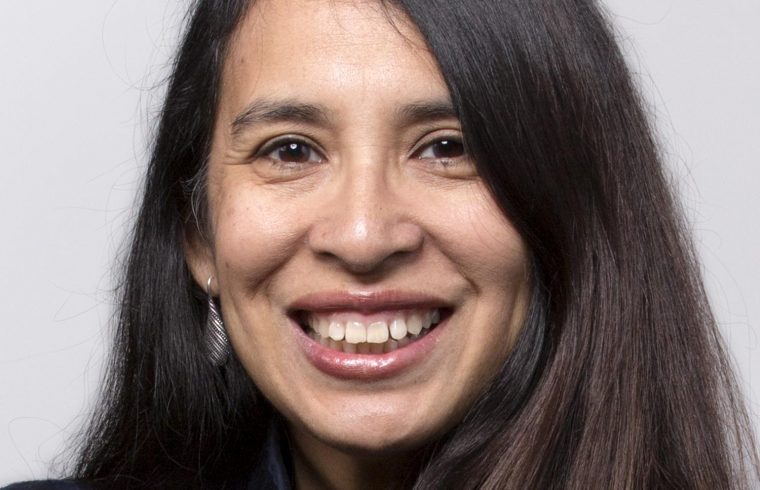AUSTIN, Texas — The citizenship question that President Donald Trump wanted on the 2020 census, but was blocked, still is being asked of some American households.
The Census Bureau has been testing the 2020 census questionnaire online since late June and early July. Printed forms for those who didn’t answer online began arriving in homes in recent days and some include the question.
The question is being asked of half of the 480,000 households randomly chosen for the test.
“Is this person a citizen of the United States?” one question asks on the printed form sent to an NBC News reporter’s home.
The responses are: Yes, born in the United States. Yes, born in Puerto Rico, Guam, the U.S. Virgin Islands, or Northern Mariana. Yes, U.S. citizen by naturalization – Print year of naturalization. No, not a U.S. citizen.
The question appears several times, after asking for identifying information about each person in the household. Specifically, it is asked after a question requesting the person’s race.
From the test, the bureau wanted to determine how many people would answer the citizenship question, and other things.
The inclusion of the question in the test is not a surprise. A citizenship question is asked on the annual American Community Survey.
The bureau had not tested the citizenship question when Commerce Secretary Wilbur Ross decided to include it in the decennial population count and survey.
In the decades between each census, scientific studies are usually conducted to test any changes, additions or adjustments to the survey’s design, including its questions. That wasn’t done for the citizenship question, which bureau researchers insisted was needed.
“This is why they put this test together last minute. They had never tested it. They put this in place to try to test what responses would be to the citizenship question, whether it got any responses or didn’t,” said Thomas Saenz, president and general counsel of the Mexican American Legal Defense and Educational Fund.
The Census Bureau announced the test June 11. But by then, the citizenship question was being challenged in several courts.
On June 27, a few days before the deadline for people to respond to the citizenship test online, the Supreme Court ruled that Trump could not include it on the 2020 census.
Trump tried to include it anyway by executive action, but backed off.
Arturo Vargas, executive director of the National Association of Latino Elected and Appointed Officials, or NALEO, said his organization had recommended the Census Bureau cancel the test given the legal challenges.
The bureau went ahead, telling NALEO it was doing so because it had already put the time and resources into the test and the test could inform design of a census in the future. The bureau does ask about citizenship in longer forms sent to a very small percentage of households.
The test questionnaire comes with a letter that warns: “You are required by law to respond to this survey.” It also states that a Census Bureau interviewer will be sent to homes of people who do not respond promptly.
But Vargas said that for the test, people would probably just get more mail asking them to fill out the form. He advised that people treat the test as the actual census and decide how they want to reply and whether they want to answer the census question.
Saenz said MALDEF is in discussions with the bureau on what it should do to make sure people understand that the forms going out now are a previously scheduled test and that the citizenship question will not be included in the final test.
Follow NBC Latino on Facebook, Twitter and Instagram.












